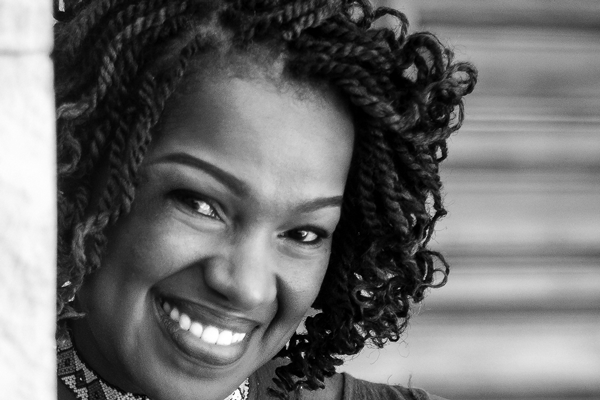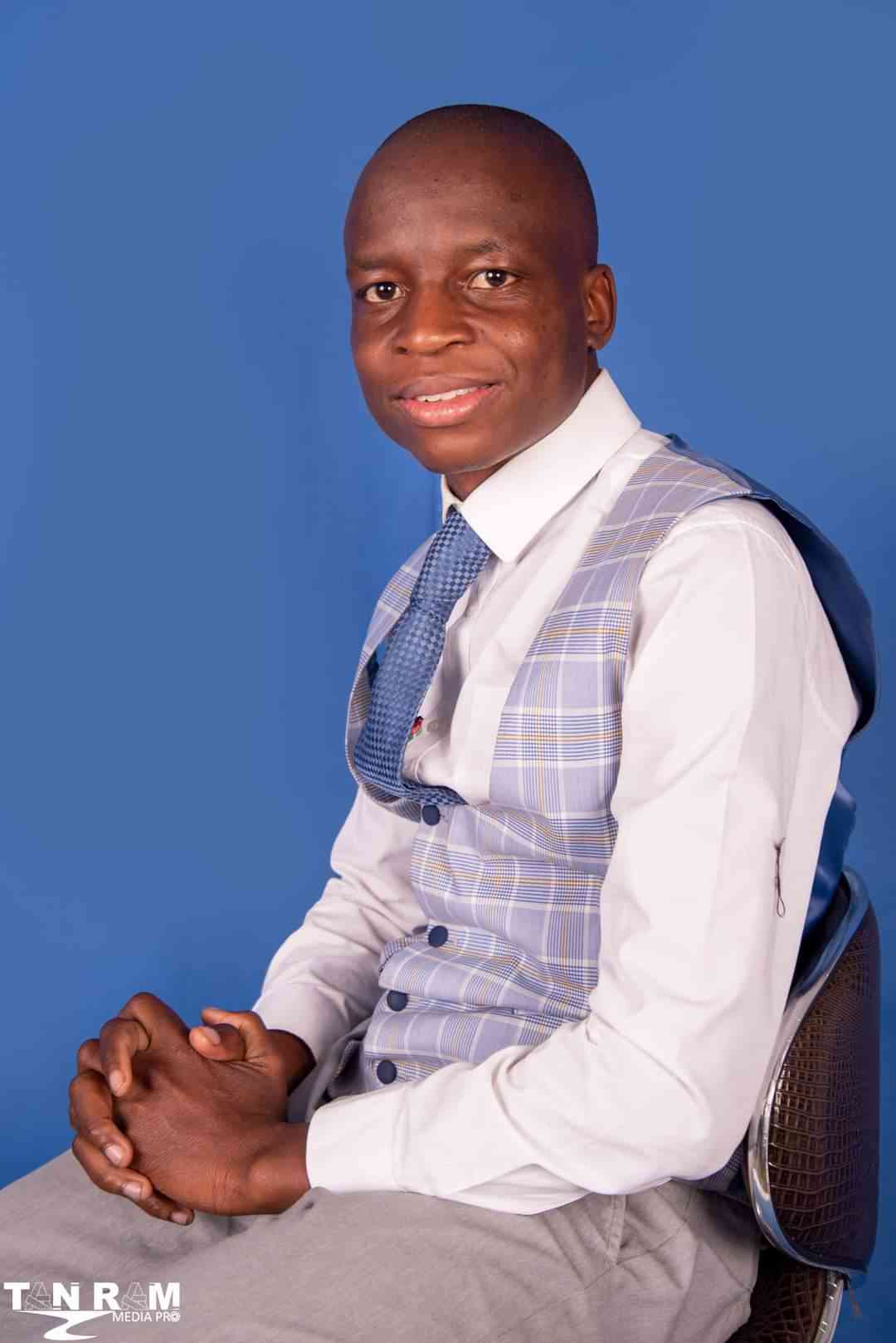
Maya Angelou says that courage is the most important of all the virtues, because “without courage you can’t practice any other virtue consistently. You can practice any virtue erratically, but nothing consistently without courage”.
Opinion: Thembe Khumalo

Of all the virtues required in our nation at this time, courage is probably the one we need the most, and not just courage, but consistent courage.
There are many different types of courage, from the physical courage, where one risks life and limb, to the moral courage, where one chooses to take a stand in spite of opposition, to the courage required to take risks in business or relationships.
Zimbabwe needs all of them and these are my thoughts on how we might begin to find our courage.
As babies, we are born with fear — fear of falling and fear of loud noises.
We learn to exercise courage in spite of these fears.
We become accustomed to our environment and then we begin to take control of small pieces of it until at last we become independent. My point here is that we are not born with courage.
- Chamisa under fire over US$120K donation
- Mavhunga puts DeMbare into Chibuku quarterfinals
- Pension funds bet on Cabora Bassa oilfields
- Councils defy govt fire tender directive
Keep Reading
We come into it by overcoming first the small immediate fears, then larger more threatening ones.
With each victory, we feel somewhat surprised and delighted by our strength.
“Did I do that?” we exclaim subconsciously, and that delight provides us with energy for the next conquest.
So, when we look in awe at those we consider courageous, we need to bear in mind that they were not born that way.
When you think of Margaret Dongo or Strive Masiyiwa or Soneni Gwizi, you may think they were born with some special quality that you don’t have.
The truth is, that special quality is available to all of us. We are not born with it, but we can come into it.
In Ndebele, we have a saying: “Ubunyama obungela mpisi.” Loosely translated, this means a darkness with no monsters.
When we are afraid, we have a sense of all kinds of terrifying things that might happen, but they often remain undefined and, therefore, all the more frightening.
If we take the time to follow our fears to their logical conclusion, we might find that actually the thing we fear the most isn’t so terrible after all.
Whatever it is, you are afraid of, ask yourself what will happen if you try it.
When you have the frightening answer, ask yourself, “Then what?” and then keep asking the question “Then what?” until you get to the point where we answer: “Then nothing.”
In polite society, those who display too much passion are often frowned up. We like decorum and we applaud dignity. While I’m all for dignity and decorum, I value passion more.
You see, when someone is driven by passion, they are far more likely to act in the face of their fears than when they are driven by reason and logic.
Passion opens up new doors of possibility and drives us towards the things we want most — even if those things come at a high cost.
As Japanese actress Midori Komatsu put it: “Passion is what drives us crazy, what makes us do extraordinary things, to discover, to challenge ourselves. Passion is and should always be the heart of courage.”
When my children were babies, I read somewhere that children who are encouraged to climb grow up to be more confident adults.
Why? Because they learn how to fall.
What this simply means is that they more you try and fail, the less frightening the prospect of failure is.
If we want to build our courage, we have to do things we are afraid of over and over again.
If we are unsuccessful, we realise that the failure is survivable and we learn to make more and better attempts.
In this way, courage is like a muscle — the more you exercise it, the stronger it gets.
Finally, courage can come from solidarity.
Brian Kagoro says: “The issue is not so much fear — the issue is inertia; an inability to build solidarity among the afraid.”
I love the Wikipedia definition of inertia: Inertia is the resistance of any physical object to any change in its state of motion; this includes changes to its speed, direction, or state of rest. Sometimes this is all fear is — a resistance to change.
If we want to build courage, we have to be willing to make those changes – changes to our speed, direction or state of rest.
And if we come together with others, who are willing to make similar changes; well, then we will have a real chance at exercising our courage.
We will have not just company, but we can then also develop a system for holding each other accountable and we can encourage one another, borrowing and lending our courage as and when it is needed.
Thembe Khumalo is a brand-builder, storyteller and social entrepreneur. Find out more on www.thembekhumalo.com or follow her social media accounts @thembekhumalo











